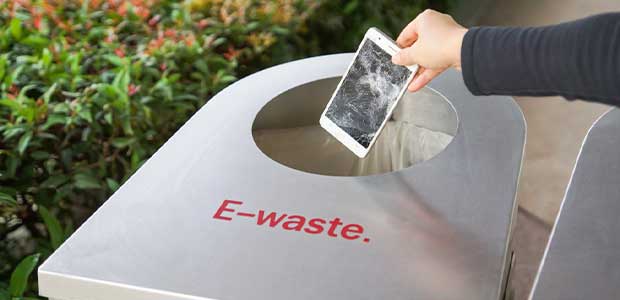
E-waste can lead to air and water pollution as well as soil contamination.
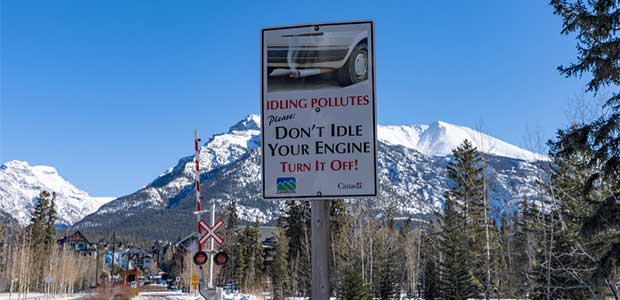
Exhaust fumes are harmful to the environment and human health.
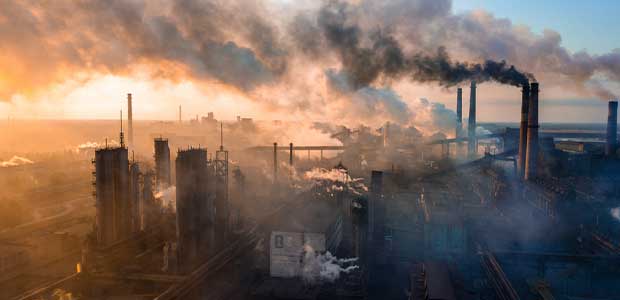
The Eco Experts ranked the Industries their yearly greenhouse gas emission output.
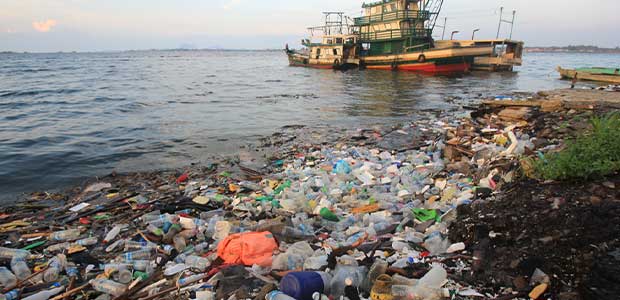
A combined total of $9 million will be given to over 30 recipients.

Lead exposure can lead to multiple health concerns for people.
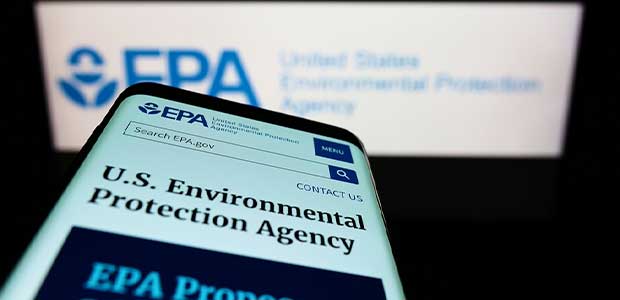
The public can access information about local facilities’ environmental compliance.
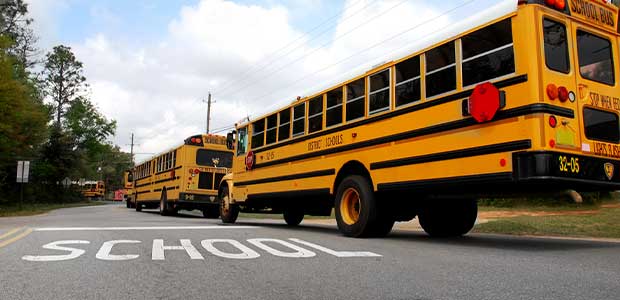
The EPA received nearly 2,000 applications, totaling about $4 billion in requests.
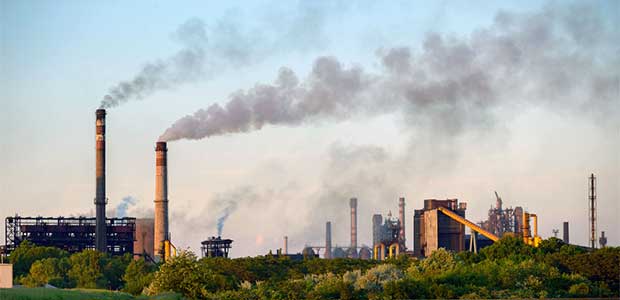
Some ways industries and people can fight environmental racism include changing practices and educating themselves.
- By Chandler Blythe Duncan
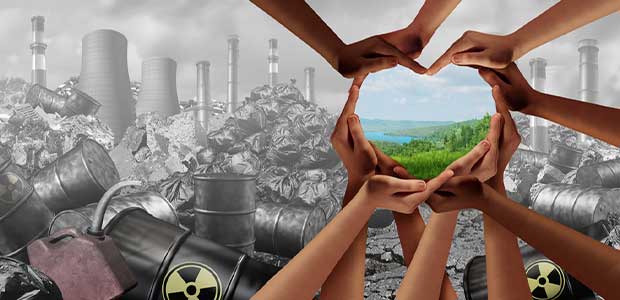
The office will have many responsibilities, including working with communities to "understand their needs" and ensuring environemtnal justice issues are included in EPA work, the agency said.
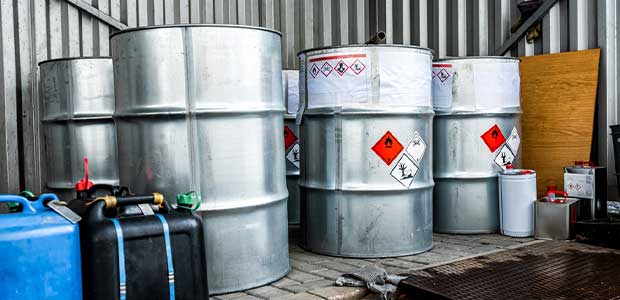
The EPA alleged violations of standards relating to hazardous waste management.

Some areas were reclassified as “Severe” and others as “Moderate.”

Founder Yvon Chouinard announced the change in ownership this week.
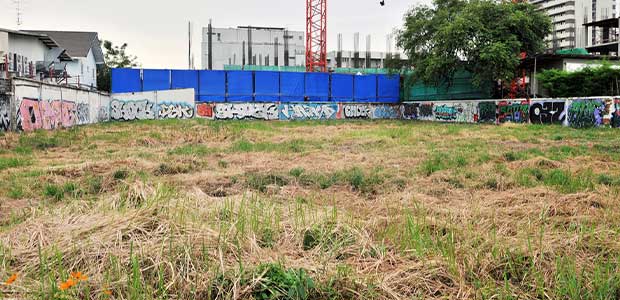
The EPA said that applications are now open. The agency expects to give out 198 grants.

There are choices you can make to help your construction be more sustainable.

The agency is also proposing adding two additional sites.
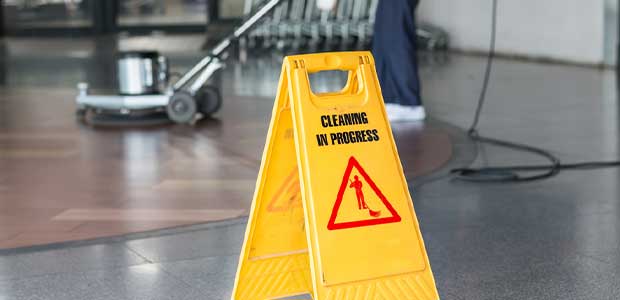
These two types of PFAS can be found in fire-fighting foams and applications as well as polishes and other items.
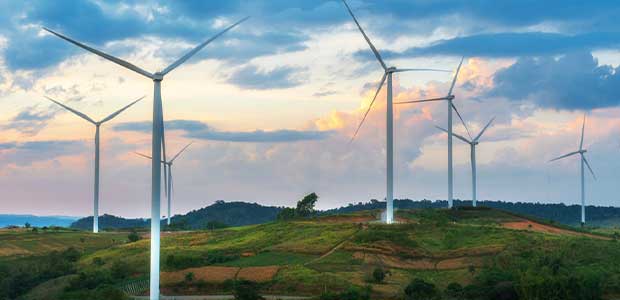
The act, signed in August by President Joe Biden, will invest $369 billion in the environment.

A new rule will reduce pollution by limiting the sale of non-zero-emission cars.

EPA “completed” a portion of the cleanup at the landfill.
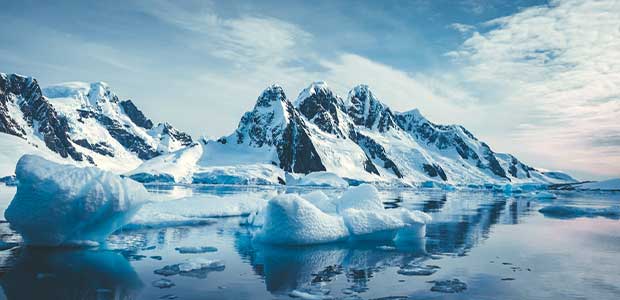
The study looked at warming from 1979 to 2021.